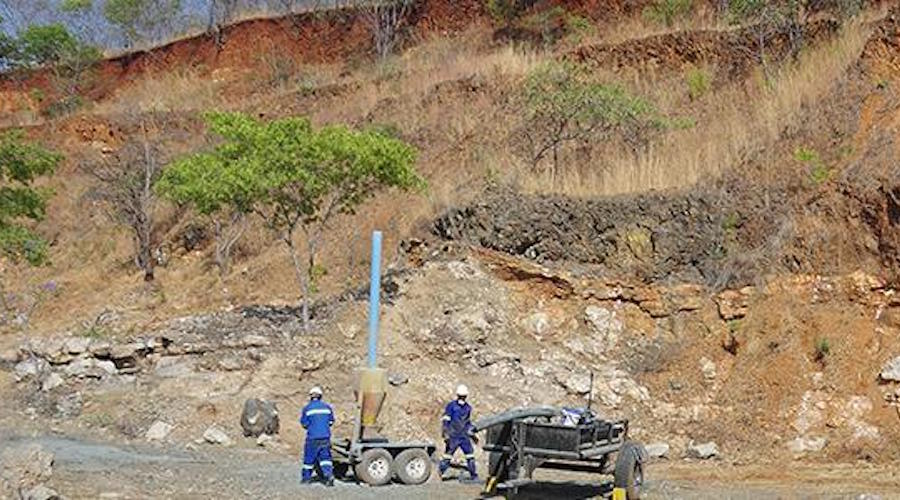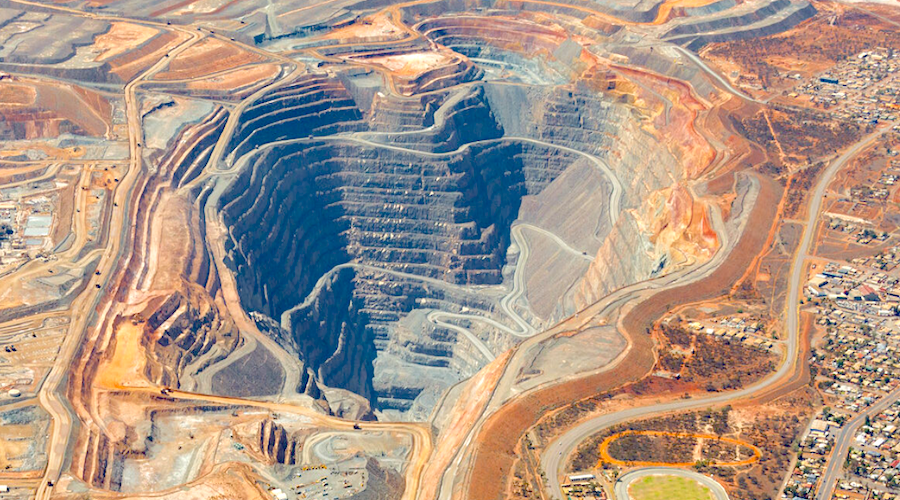Australia’s Prospect Resources closing in on Zimbabwe lithium financing

Australian-listed Prospect Resources expects to secure more than $55 million in funding for the first phase of the Arcadia Lithium project in Zimbabwe and expects to produce concentrates for export in the next 14 months, a company official said on Sunday.
The southern African nation is pushing lithium as a major draw for investors as it looks to attract capital to its mining sector following the ousting last year of former president Robert Mugabe after almost four decades in power.
Paul Chimbodza, director at Prospect Lithium Zimbabwe, told Reuters that the funding is currently a mix of foreign equity and off-take prepayments. He said Prospect is also considering additional finance offers including foreign debt and equity and local borrowings.
Chimbodza said China’s Shenzhen-listed Sinomine had bought equity into Prospect valued at $10 million and would also pay another $10 million in advance payment for lithium concentrates. Sinomine has a seven-year take-off agreement with Prospect.
“As Prospect we are very comfortable with funding for phase one, its almost done,” Chimbodza said. “It is encouraging to see finance offers from North America, Asia and from our Zimbabwe banking and investor network.”
Chimbodza said a contractor had been appointed to start work on the mining site near the capital Harare in two weeks.
Many companies have expressed interest in Zimbabwe and compare the country’s Great Dyke to South Africa’s mineral-rich Bushveld complex, but they are also waiting for policy certainty and say bureaucracy needs to be simplified.
The Arcadia mine will produce concentrates for the battery and ceramics industry, said Chimbodza, adding that it would take up to three years to start commercial production of battery-grade lithium carbonate.
Prospect is producing 100 kg a month of lithium carbonate at a pilot plant, the first time this has been done in Africa, Chimbodza said.
“The feasibility study to build the lithium carbonate plant is nearly complete, but then we need to finance it. From concentrates to battery-grade lithium carbonate is a big leap technologically, but also a big leap in terms of funding,” he said.
“We are talking about $150 to $250 million depending on the scale that we choose. Much of this cost could be financed from cashflows from the mine but to speed up the development, Prospect will look for external funding and probably investment partners.”
Miners say Zimbabwe’s political risk profile is still high, making it difficult to access funding for big mining projects.
“We think sentiment is changing quickly and we hope we can leverage this growing investor appetite and bring forward the date to begin construction of the lithium carbonate plant,” Chimbodza said.
Prospect’s market capitalization is $72 million but peers with similar or smaller lithium resources are 5-10 times its size, reflecting the political risk attached to Zimbabwe and Africa, he said.
Reporting by MacDonald Dzirutwe; editing by Jason Neely.
{{ commodity.name }}
{{ post.title }}
{{ post.date }}




Comments